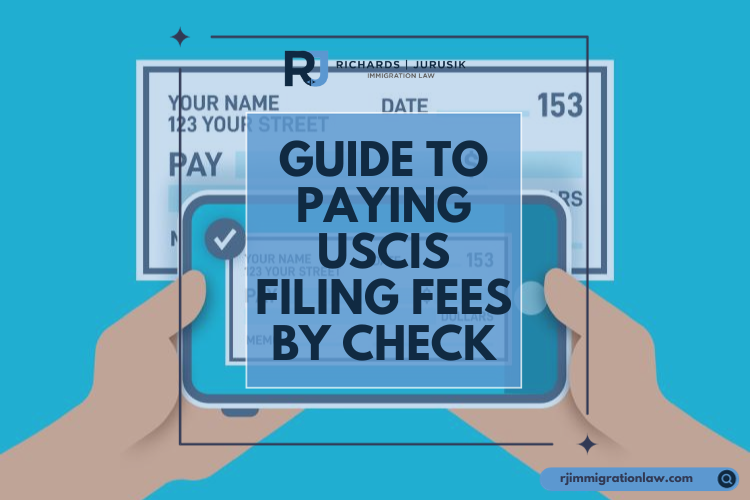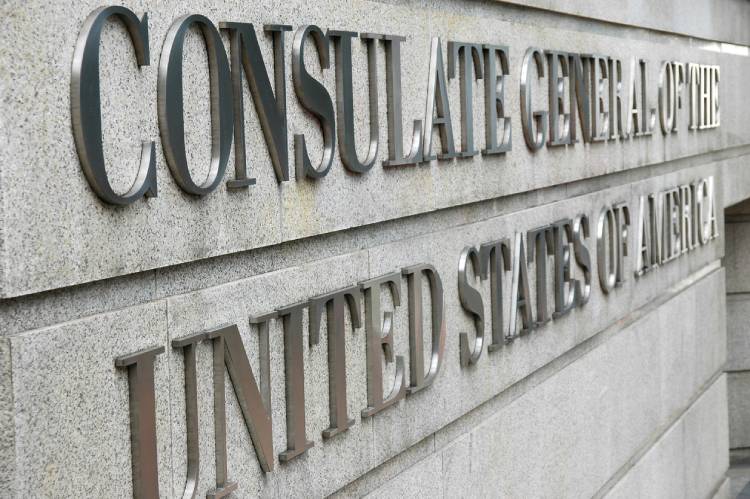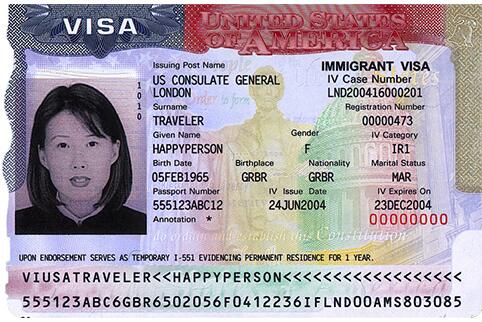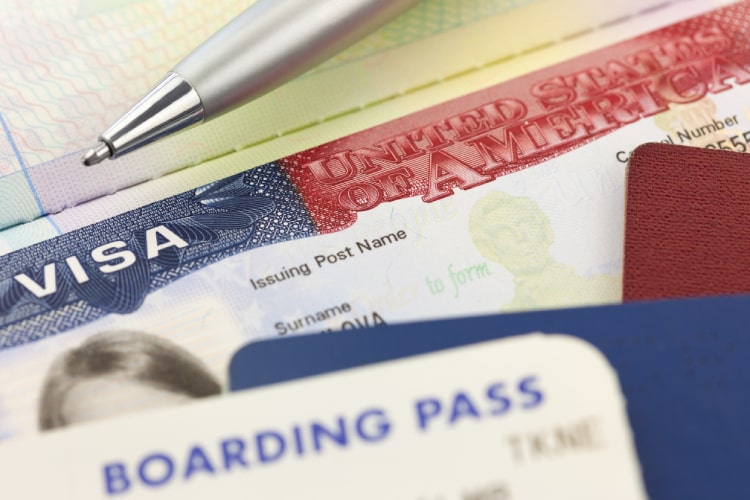 US Visitor visa (B1/B2)" width="750" height="499" />
US Visitor visa (B1/B2)" width="750" height="499" /> US Visitor visa (B1/B2)" width="750" height="499" />
US Visitor visa (B1/B2)" width="750" height="499" />
For many individuals planning a visit to the United States on a B1/B2 Visa, presenting a well-crafted invitation letter can significantly strengthen their application. While not mandatory, an invitation letter from a U.S. citizen or Legal Permanent Resident (LPR) can positively impact the visa process, especially when it highlights strong ties to the applicant’s home country. Here, we explain what makes an effective invitation letter for a U.S. visitor visa.
The letter should originate from the host and detail their relationship with the visitor. It should be dated, contain both parties’ full information, and specify the hosting arrangements and travel dates. Crucially, it should emphasize the temporary nature of the stay in the U.S.
Below is a template of how such a letter might be structured:
[Host’s Full Legal Name]
[Host’s Full U.S. Address]
Dear [Visitor’s Full Legal Name],
I, [Host’s Name], am delighted to invite you to the United States to celebrate my 50th wedding anniversary in Buffalo, NY, on February 21, 2050. You will be accommodated at my Buffalo, NY, residence from February 21 to February 28. Our plans include visiting Niagara Falls, Letchworth State Park, and Fort Niagara. I will cover the costs of your round-trip airfare, food, and medical insurance during your stay. Your presence would mean a lot to us.
[Host’s Contact Information]
Accompany this letter with relevant documents such as event invitations, proof of roundtrip airfare, host’s identification or passport, accommodation proof, and a detailed travel itinerary.
For B Visa applicants, remember:
Crafting an invitation letter with these elements can significantly enhance the credibility of your B1/B2 Visa application and facilitate your travel plans to the United States.
You may have questions regarding U.S. immigration laws and visas. We invite you to contact our team at Richards and Jurusik for detailed guidance and assistance. We aim to provide the most accurate and up-to-date information to make your immigration process smoother and less stressful. The immigration lawyers at Richards and Jurusik have decades of experience helping people to work and live in the United States. Read some of our hundreds of 5-star client reviews! Contact us today to assess your legal situation.

Moving to a new country or shipping personal effects overseas can be daunting, particularly when it comes to understanding customs procedures and completing the necessary paperwork. One of the most critical documents in this process is CBP Form 3299, also known as the “Declaration for Free Entry of Unaccompanied Articles.”

Essential tips on how to accurately pay USCIS filing fees by check, covering aspects from electronic funds transfer to writing the check correctly to avoid case rejection.

The visa application process can be daunting and filled with uncertainty, especially if your circumstances change. You may have asked, “Can I transfer my visa application to another consulate?” The answer isn’t straightforward; this post discusses the possibilities of transferring your immigration case from one consulate to another.

In U.S. immigration, Temporary I-551 Stamps and Machine-Readable Immigrant Visas (MRIVs) serve as pivotal components, offering tangible evidence of permanent resident status. This blog post is your comprehensive guide to understanding these critical elements, their importance for immigrants and employers, and the proper management procedures.

Discover if you qualify for the US Automatic Visa Revalidation (AVR) process, a unique opportunity for individuals with expired nonimmigrant visas to reenter the US without undergoing visa renewal at an embassy or consulate. This article breaks down the qualification and eligibility criteria, ensuring you understand the prerequisites for seamless travel.

The Supreme Court’s ruling in Department of State v. Muñoz reaffirms the doctrine of consular nonreviewability and limits judicial oversight of visa denials. This decision has significant consequences for U.S. immigration law, particularly for citizens married to noncitizens seeking entry.